October 31, 2023
The Purchasing Director at Pedon Group on this year’s Italian pulse landscape, the post-covid slide away from organic, and the importance of ‘dirty shoes’.



Our mission statement over the last 2-3 years has been to offer innovative, tasty, easy-to-use legumes and grain-based solutions to help people adopt diets and sustainable habits. We’ve been continuing to give flavor to natural products that have strong traditions and present them in a new way.
We started creating shelf-stable, ready to eat products around five years ago, but in the last two years we started to work on making really tasty ready-to-eat foods like meals containing chickpeas or peas in pouches that students can microwave during a lunch break, or families can heat up in the evening.
We also never fry our products and prefer to roast all of our chickpeas and peas, as this is healthier. We add in spices and herbs such as chili and rosemary to give a kick of flavour.
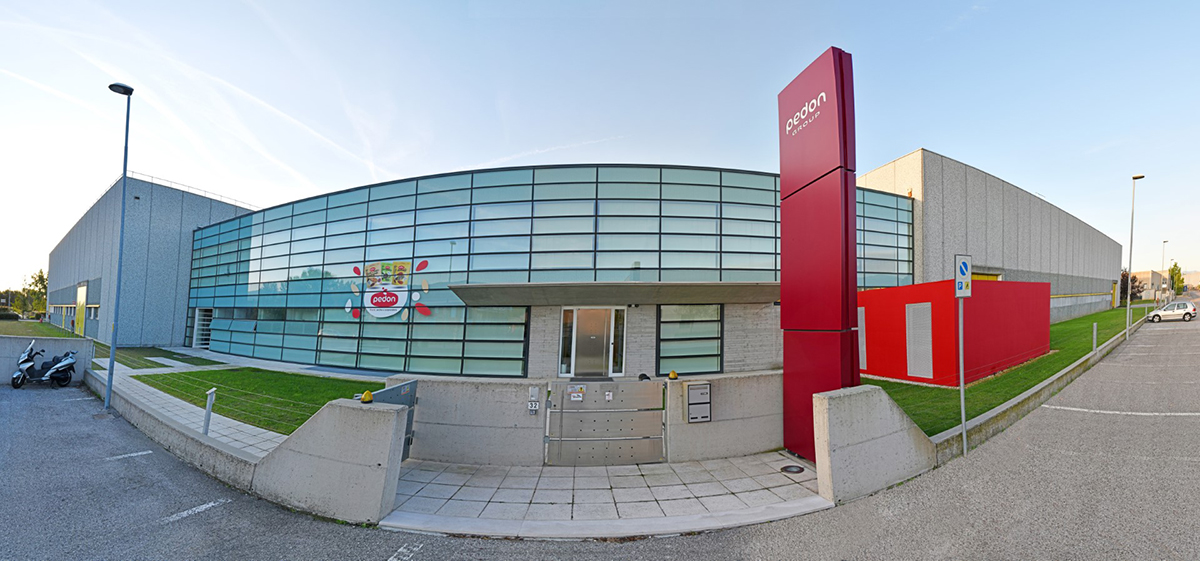
In 2023, the value of the pulse industry is around one hundred million euros, with lentils taking up around 60% of that. The key is that lentils don't need long soaking periods whereas other pulses may require long soaking and cooking times. After lentils we have the different kinds of beans, and then chickpeas. Peas are a very small part of the picture.
Regarding canning, the value varies a lot but beans are for sure the biggest of the categories for canning, but there are other products like chickpeas that are important too. We are definitely noticing a decrease in organic demand, but not necessarily because people don't want organic anymore. I think there are a few factors involved. People became very concerned about health after Covid and began to buy organic, but since then their wallets have taken a hit and if you don't have enough money then organic is the first thing to be cut from the shopping list.
People have just reduced their quantity of organic pulses in favor of conventional ones. Speaking as purchasing director, I think this will be a continuing downward trend with everything that is going on in the world – geopolitically and in terms of economics. It will also become more and more difficult to buy organic because the price is likely to become extremely expensive.
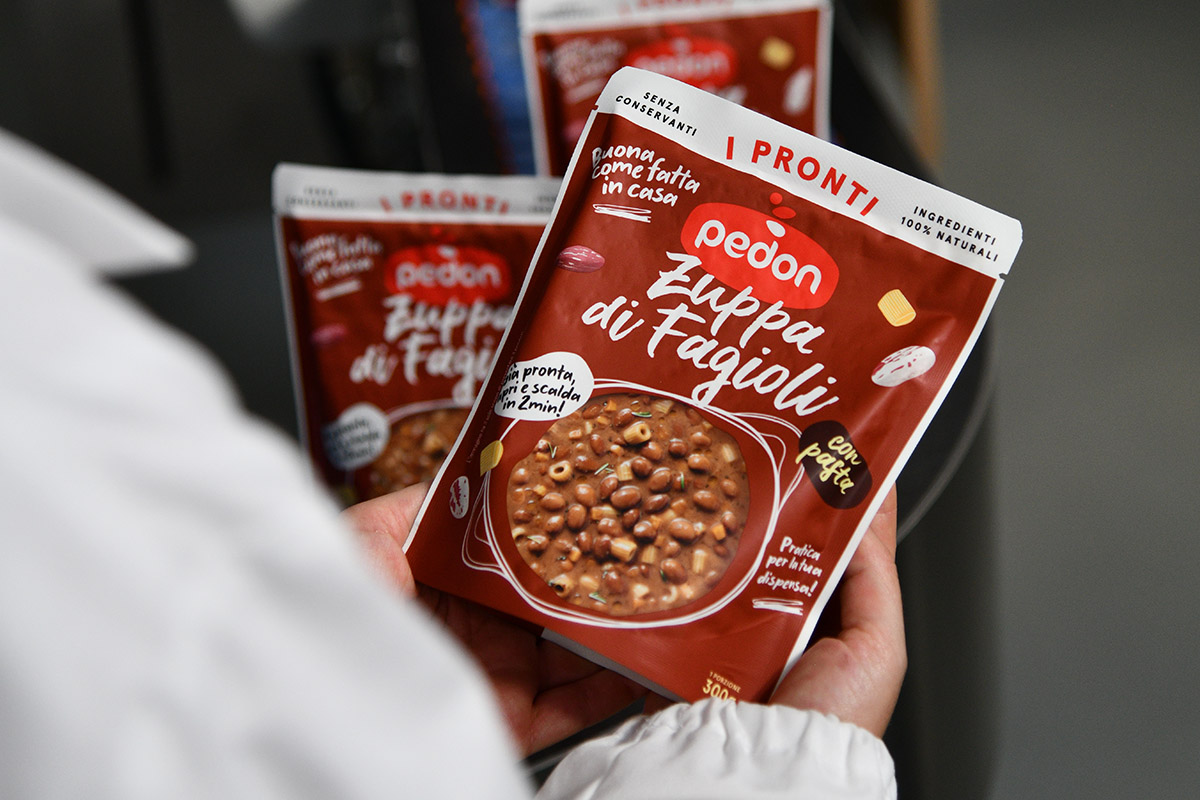
Our main supplier for lentils as Canada – this is usually followed by the US, but not this year. We do produce green and red lentils in Italy, but the main supplier is always Canada. In organic lentils, we have a project in Kazakhstan where we buy directly from farmers.
The tightening of supply in Europe will affect us, but is my job to make sure that this tightening doesn't affect us too much! It's common for us to take a long position on lentils to ensure we're not affected by drops in supply. For example, we at Pedon deal in all different varieties of lentils such as pardina lentils, French green lentils, beluga lentil, etc – this year I knew though would be a tightening in green lentils and specialties, so we committed very early to buy right from seeding up to the harvest, making sure we have enough of our own products.
Italians would definitely be affected if there was an issue with supply that kept lentils off the shelves, but customers usually find a way around it – if they can't find the green ones, they buy the red ones, and if they can't find either of those, maybe they'll buy chickpeas or soybeans.
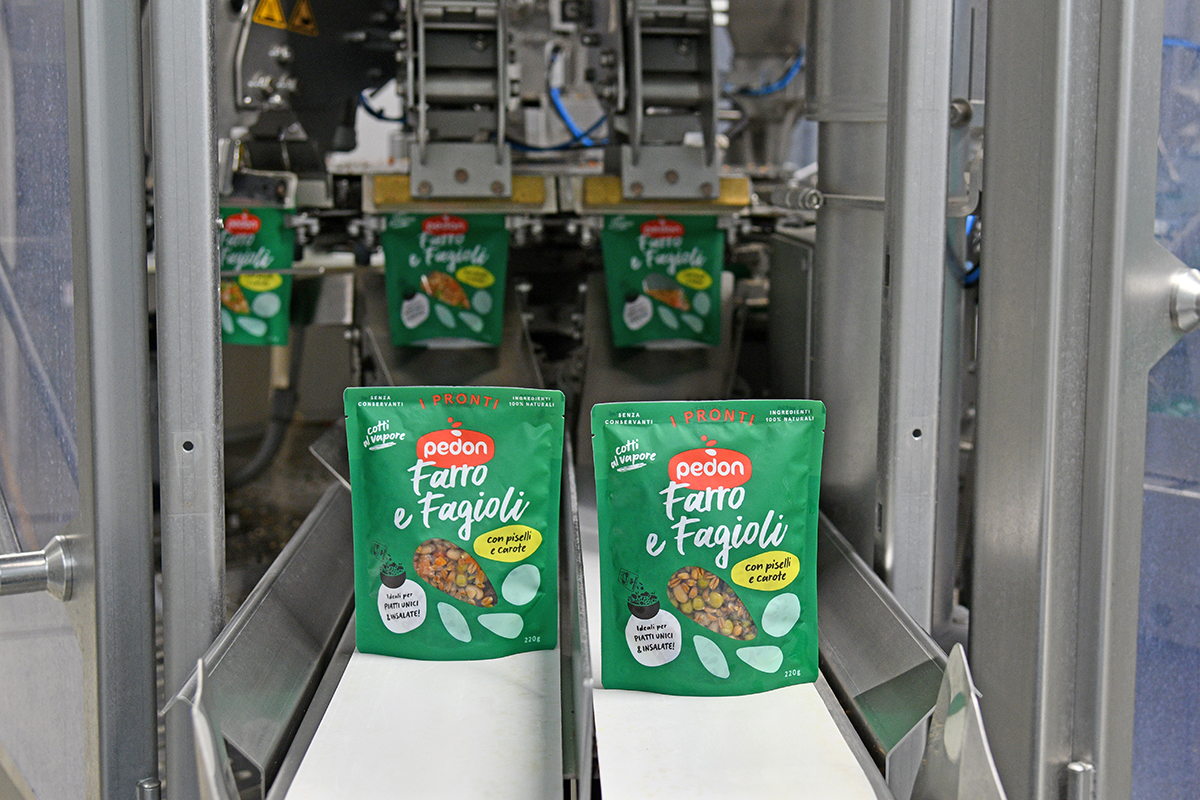
In the mind of the Italian consumer, peas are more of a vegetable than a pulse. The consumer thinks that buying peas is like buying a vegetable, and I think the trend of growing pea demand is because people are simply trying to eat more and more vegetables now than they were two or three years ago.
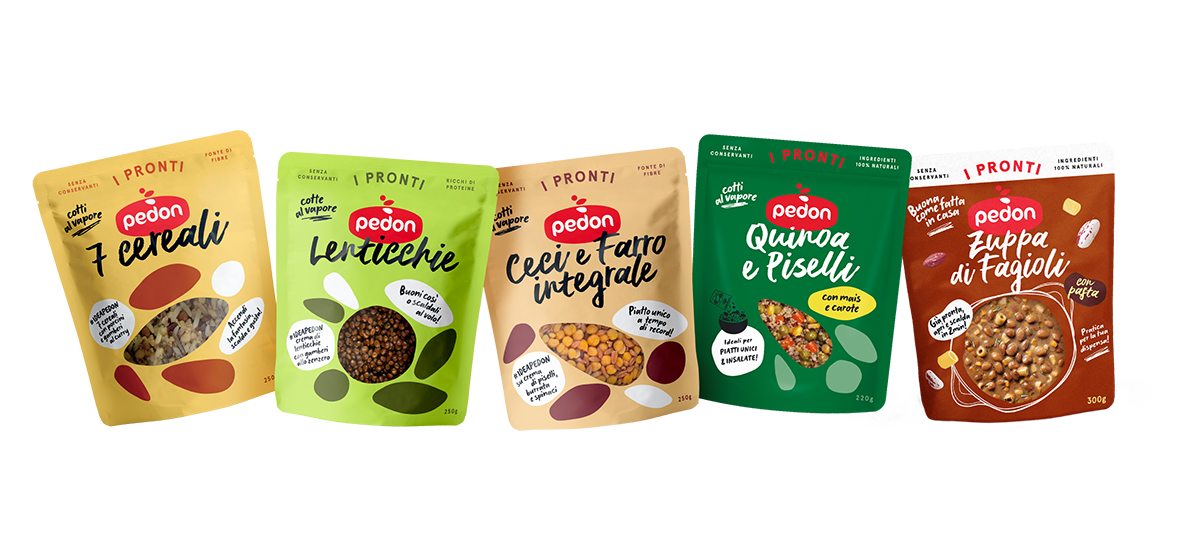
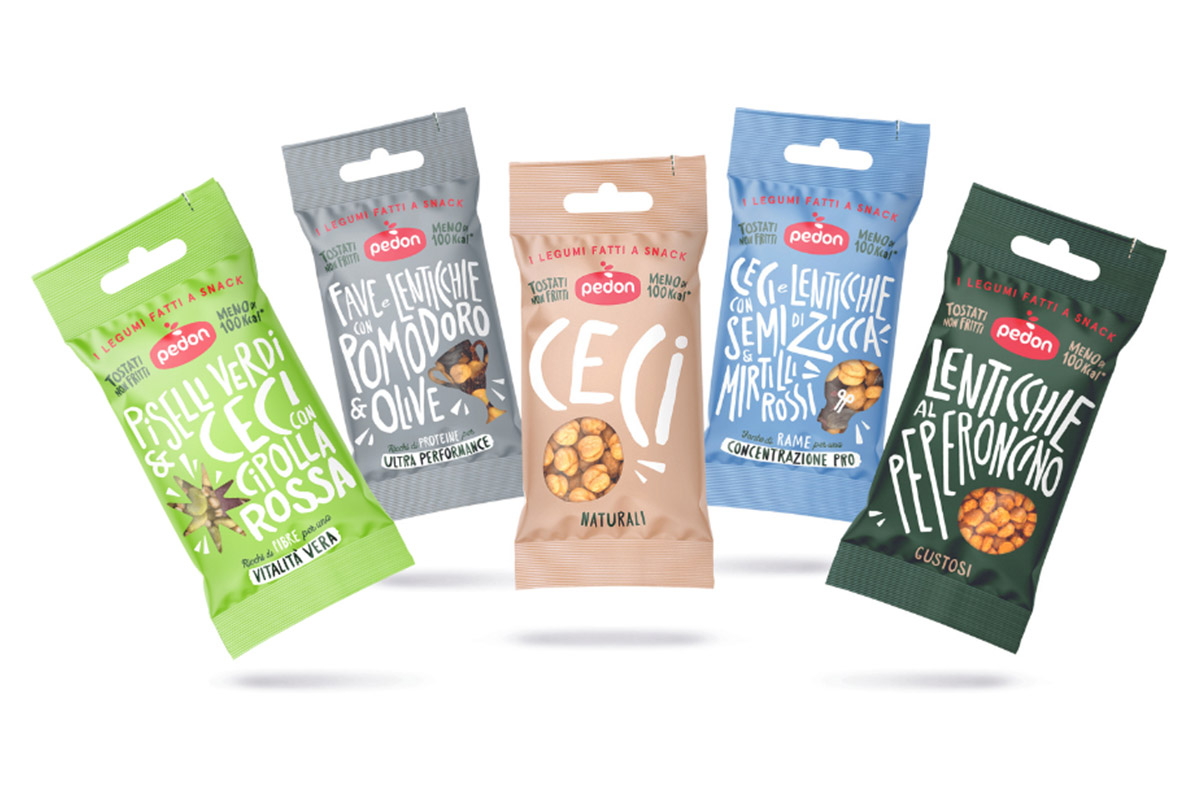
Our organic peas are grown and supplied in Italy, but for the conventional peas we source them from Canada. European countries there are many countries around the world that we cannot buy from due to Maximum Residue Levels (MRLs). For instance, Australia was a big supplier of peas in Italy but since what we might call ‘glyphosate gate’ Australia has been out of the game for a while. There are some countries that are aligned to EU requirements, but is not always possible.
Mung beans are one of the tougher products for European companies to source, as MRLs make some sources impossible for our markets.
“We call it 'dirty shoes', which means it's very important for the purchasing department to go directly to the source every time…”
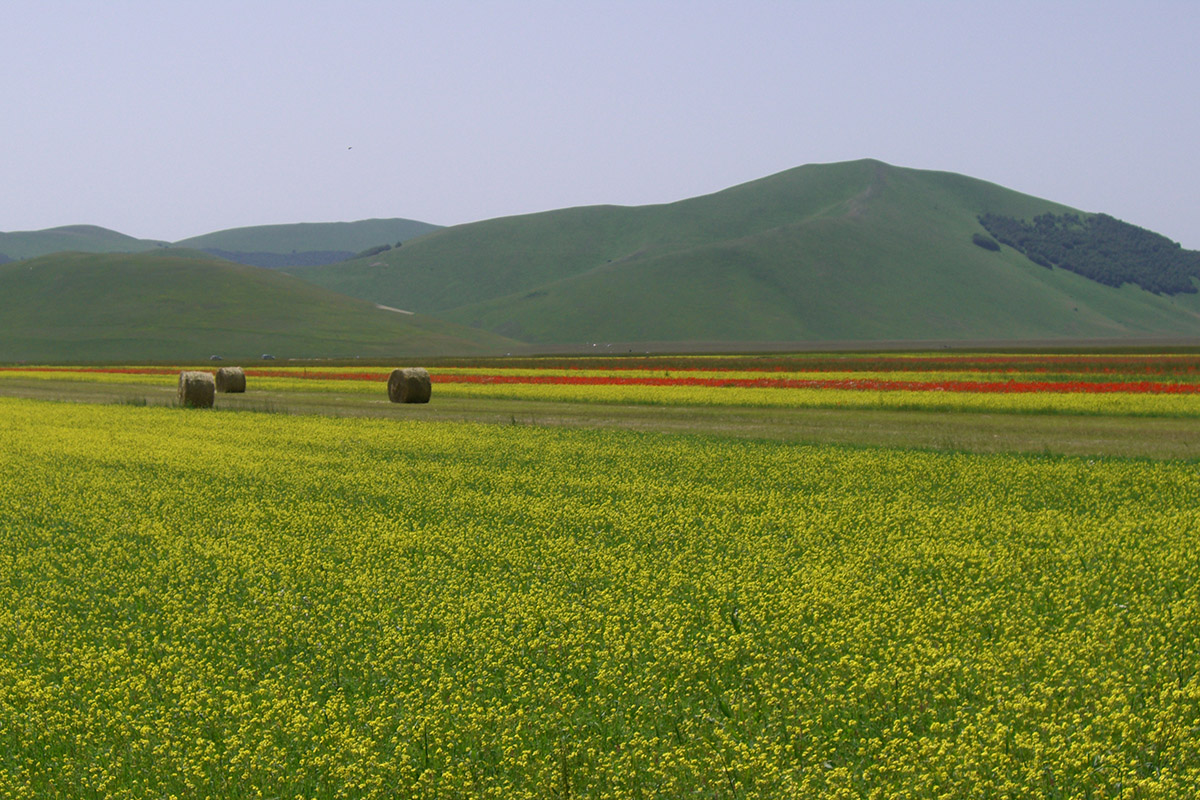
We started working with Argentina a long time ago and our philosophy has always been the same – we call it 'dirty shoes', which means it's very important for the purchasing department to go directly to the source every time and see the professional capacities of the farmer and get explanations of everything that is happening during their production.
I am traveling all the time to different producers and I was in Argentina this year to see our chickpeas. We don't buy from traders or brokers, because that's too risky for us – our product being mixed in with non-compliant products would be a disaster because we are exposed to supermarket penalties that are painful in terms of money and image.
It's vital to build good supply chains and have a good relationship with the supplier. It's too easy to say that MRL issues are a supplier problem, because it's no longer a supplier problem because MRLs can sometimes change during crops – the European Union can suddenly decrease or impose greater limits. If you're five days away from the harvest, this isn't something you can manage.
The main part of the canneries are in the south of Italy – around Naples and the Campania region. My understanding is that the canning companies are exporting for premium products to the UK for private labels like Tesco or Heinz. Less premium products are exported to the Middle East and North Africa.
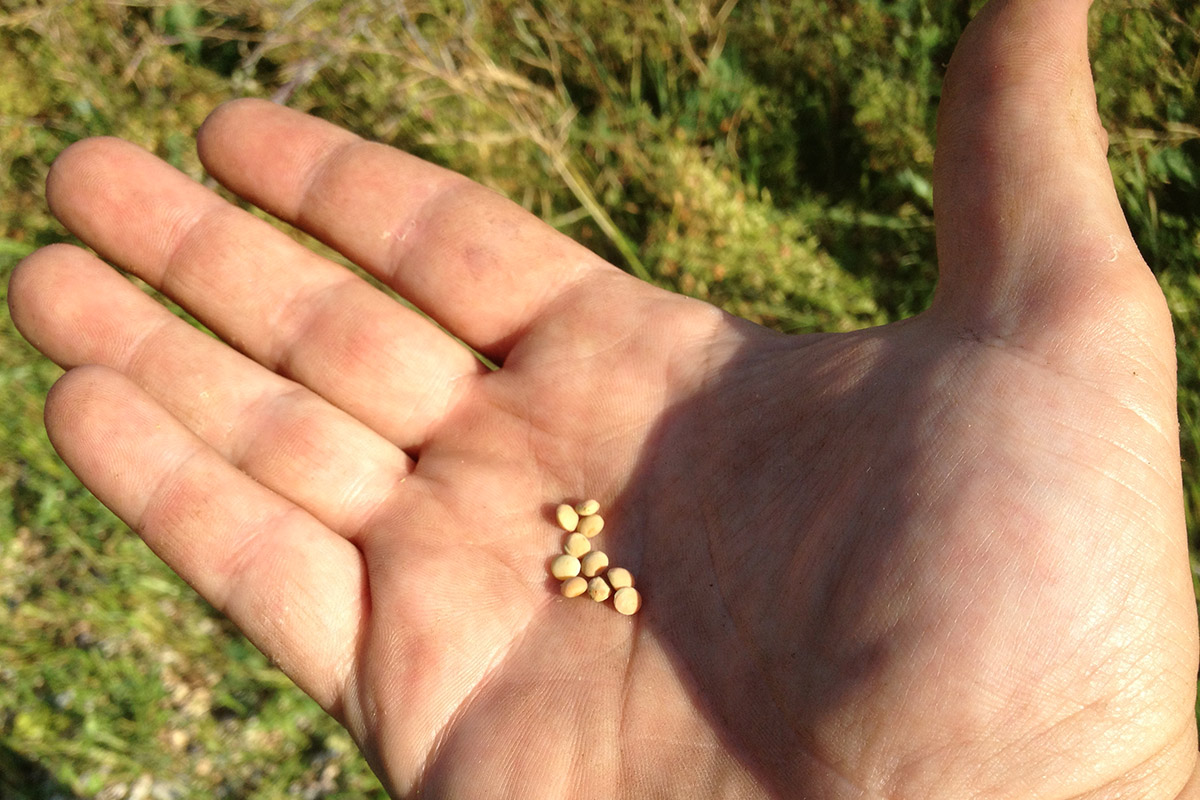
We work a lot with the US, Canada, and Mexico, but rather than whole pulses we sell pasta made of pulse flour. I think it is a product with added value in the US because it is pasta made in Italy and Americans strongly associate us with high-quality pasta.
Our Ethiopian company was established in 2005, and at that time Ethiopia was easier to enter and was considered one of the most politically stable countries in the pulse producing regions of Africa. We also had a contact in Ethiopia who helped us facilitate the setup of the company where it might have otherwise been difficult for foreigners. We were supplying navy beans to the UK for a long time and Ethiopia has white pea beans that are almost identical to the navy beans that at the time we were buying from US, Canada, or China.
We realized that there wasn't a large consumption of beans in Ethiopia itself, which meant that in terms of social responsibility we weren't taking food from the locals. We were selling what they weren't eating in exchange for dollars – that was extremely important.
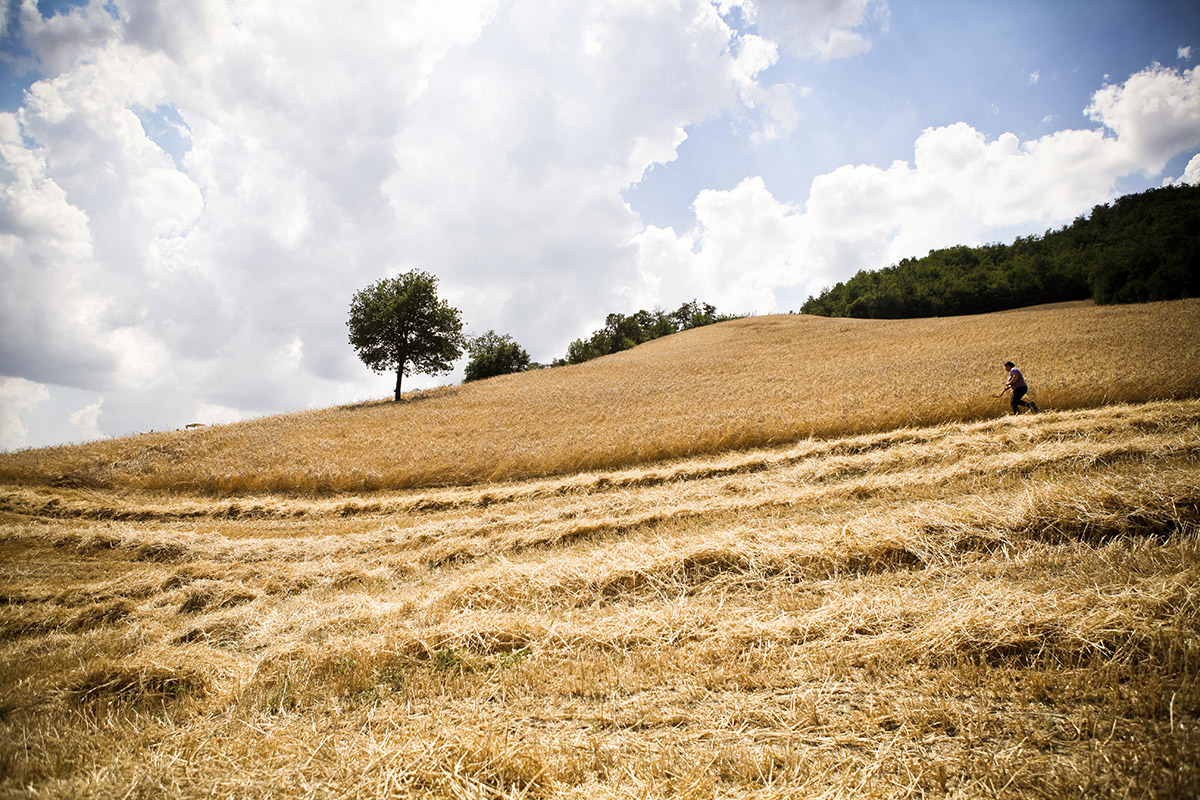
Yes I think they can be used. Ethiopia has always been seen as an alternative source – for example, if you can't get Argentinian alubias, Egypt are another alternative. There is always a preferred product and a 'just in case' product. For many consumers, it’s important to have both premium products and less premium products – there is, and will always be a market in Europe for Ethiopian white pea beans.
I think that exporting from Ethiopia it should be simplified, because at the moment the process of exporting has been made very intricate by the government, and it's very difficult to work in the country at the moment.
There are also financial issues because Ethiopia is on the blacklist for many countries from a banking system perspective. You have the Ethiopian Commodity Exchange, which is not ideal for European customers who want full traceability of their products right the way back to the farm. There is also border trade, and union exports in Ethiopia – this method is what and most European customers go to because it offers you more safety in terms of the products you are receiving.
Disclaimer: The opinions or views expressed in this publication are those of the authors or quoted persons. They do not purport to reflect the opinions or views of the Global Pulse Confederation or its members.